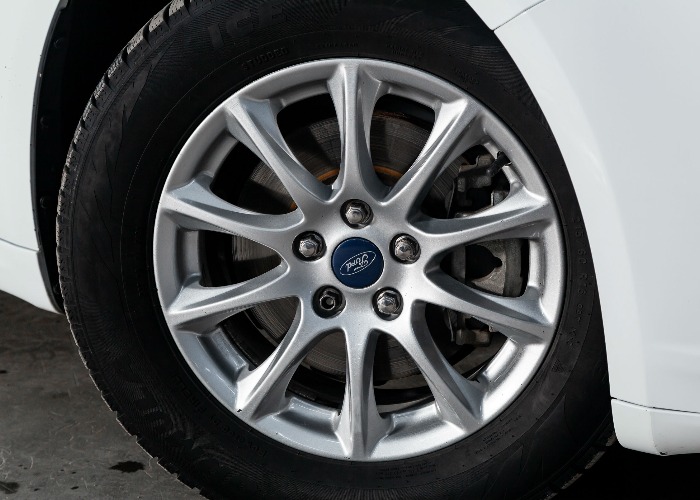Car theft: half of new cars rated ‘poor’ for security including Ford Mondeo and Toyota Corolla

Thieves exploiting ‘relay attacks’ blamed for a jump in car thefts, with some of the most popular models at risk.
Six of the 11 cars launched so far in 2019 have been given a ‘poor’ rating for their security.
The study by Thatcham Research specifically looked at whether these motors are vulnerable to keyless entry and keyless starting of the vehicles by crooks.
It's not the first warning about keyless theft: in January Which? also identified several at-risk models.
Unfortunately, more than half of this year’s new models have no security measures in place to deter criminals who might attempt a ‘relay attack’. When taking this form of theft out of the question, the models’ other security features were rated as good.
Richard Billyeald, chief technical officer at Thatcham, said that the firm had seen too many examples of cars being stolen in seconds from driveways because of relay attacks.
He added: “Security has come a long way since vehicle crime peaked in the early 1990s. But the layers of security added over the years count for nothing when they can be circumvented instantly by criminals using digital devices.”
Compare car insurance quotes and get a better deal with Confused.com
What is relay attack?
Some keyless vehicles allow drivers to open and then start their vehicle without having to take the keyless fob out of their pocket.
Relay attacks are a way for criminals to exploit this and steal those cars, and it’s incredibly simple.
Generally, the thieves work in pairs, each armed with an electronic device. One stands very close to the property, holding up their electronic device which searches for a signal from the fob.
If it finds that signal, it then relays it over to the other device, held by the second thief against the car door.
The gadgets essentially trick the car into believing the driver is within a very short distance and has the fob in their possession. As a result, the crook is able to exploit this to gain entry, and then start the vehicle, making off with it before the actual owner is any the wiser.
According to Government figures, the number of car thefts rose by 15% last year, with the vulnerabilities of keyless vehicles to these forms of attack blamed for that rise.
Is your car at risk of keyless theft? Nissan Qashqai, Ford Fiesta & Focus all on burglars' lists
Which new cars can deal with relay attacks?
Four of this year’s class were awarded a ‘superior’ security rating by Thatcham: the Audi e-tron, Jaguar XE (pictured below), Land Rover Evoque and the Mercedes B-Class.

Those top vehicles won praise because they had taken steps to protect against relay attacks, whether that’s through moving to a more secure wireless technology or by introducing key fobs that go to sleep when not actively in use.
However, six models were given a poor rating: Ford Mondeo, Hyundai Nexo, Kia ProCeed, Lexus UX, Porsche Macan and the Toyota Corolla Hybrid.
It’s worth noting that the Suzuki Jimny was given an ‘unacceptable’ rating, though as it doesn’t offer a keyless entry or start system, it’s various security problems lie elsewhere.
The most reliable cars - and the ones to avoid
What can drivers do to protect their vehicles?
First off, it’s important to establish that you have a keyless fob rather than simply a standard remote fob. If you have to push a button on the fob in order to gain entry, then you don’t need to worry about a relay attack.
Next, it’s worth checking what the existing security system for the fob is. If there is the option to switch it off overnight, or to ensure that it goes to sleep when not being used, it’s well worth making use of them.
Now it's time to think about where you store the fob at home. The idea is that you want to make it as difficult as possible for one of these thieves to pick up a signal from the fob by standing close to your property. As such, keeping it away from entry points, deep within your home, will help.
You might also want to invest in a shielding device in which to keep the fob when not in use. There are plenty of 'Faraday pouches' and containers which can help prevent thieves from getting a signal, though Thatcham urges drivers to test them first to ensure they are effective before relying on them.
Compare car insurance quotes and get a better deal with Confused.com
This article contains affiliate links, which means we may receive a commission on any sales of products or services we write about. This article was written completely independently.
Comments
Be the first to comment
Do you want to comment on this article? You need to be signed in for this feature